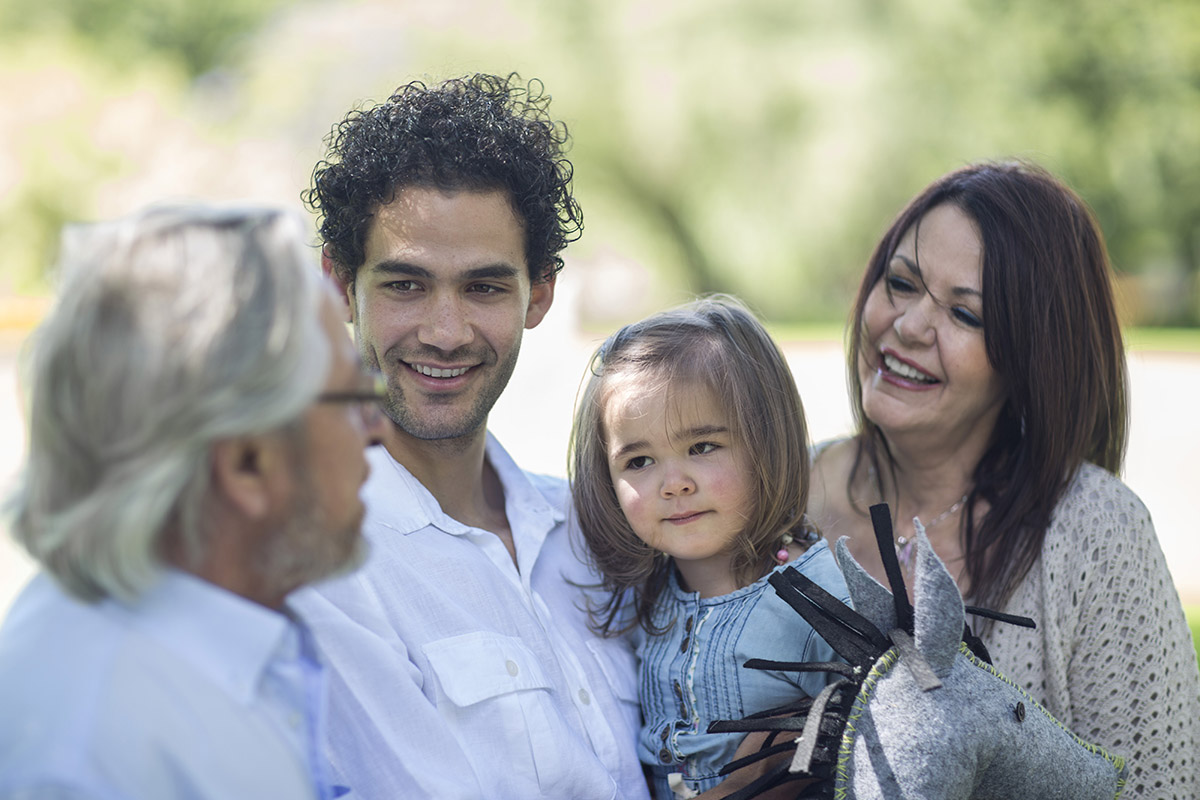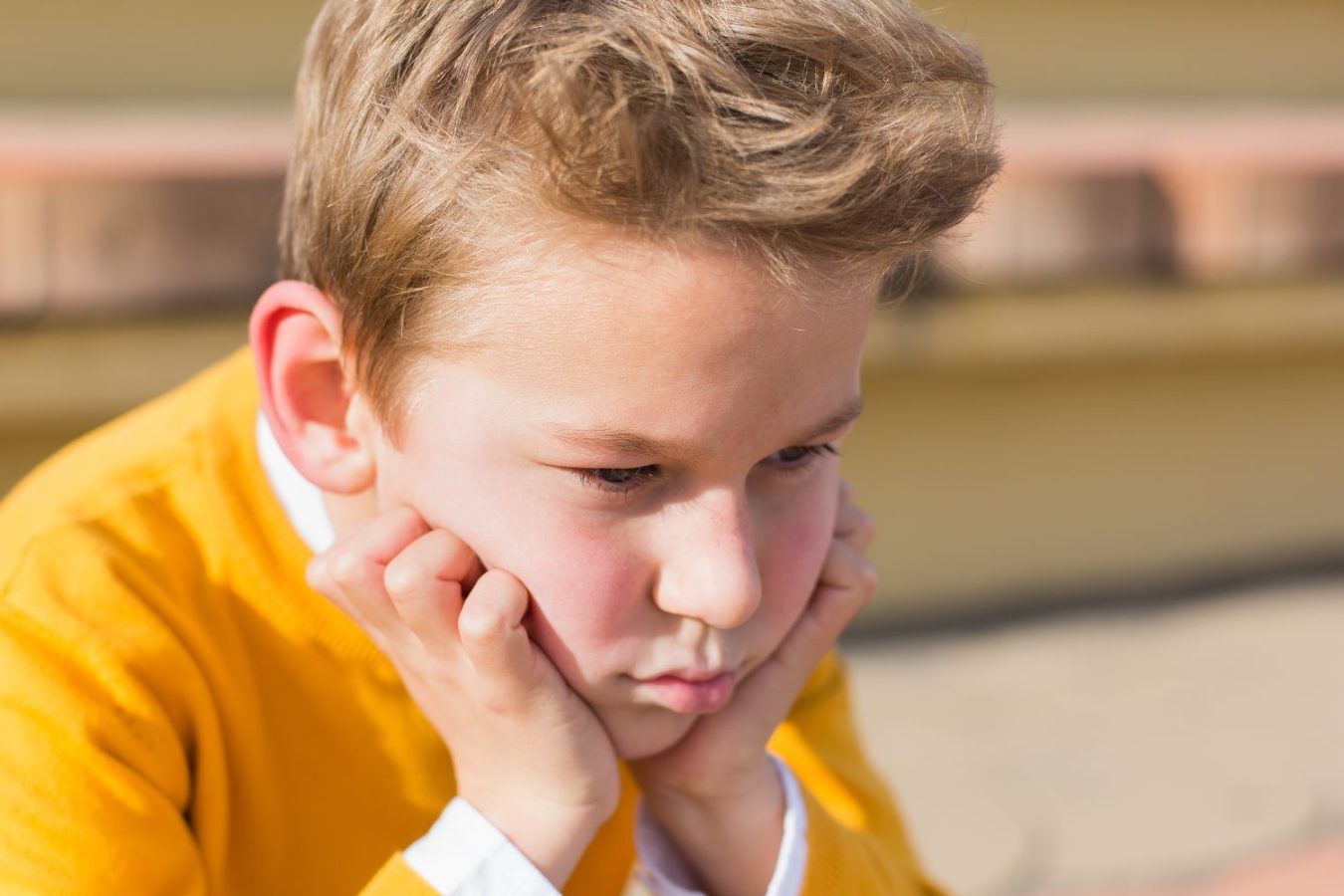
Keeping kids to the school routine and driving them to sports and parties can be exhausting, says Michelle Mitchell, but parents carry an even heavier weight.
I’ve been trying to describe the real weight of parenting. Is it the exhaustion that comes from keeping the school routine, or driving kids to sports and social activities all weekend? Is it dealing with snippy requests from a teenager who wants to live a grand life with your credit card in hand?
While no one would argue that these day to day things are weighty, I think there is an even heavier weight we carry – and that’s the weight of uncertainty.
Uncertainty raises its head when our kids and teens say things like – I’m going to quit my trade because I don’t like my boss, or I don’t see the big deal with smoking pot, or I’m dropping out of football for good, or I’m dropping Maths B and doing art because all my friends are…
And we are left thinking…. Where will that decision lead them? The truth is, in that moment, we don’t know. That’s the problem. The outcome is uncertain.
Below I’ve outlined a few things that may help you manage the feeling of uncertainty.

This may (or may not) be an emergency
There are two types of moments your family might experience. Life defining moments (where you and your child’s life will forever be changed) and bump in the road moments (that are rocky but recoverable). I hope that your family will never experience a tragic life defining moment.
However, out of necessity, your family will experience lots of bump in the road moments. Try not to turn bump in the road moments into emergencies, or we will always be living with more anxiety than we need to. Their job right now is to fail and learn, and then fail some more. That’s bumpy, but what they have to do in order to navigate their path in life.
Question to answer: Is this an emergency? Calculate your response accordingly.
Try not to forecast
Not all things tweens and teens do or say will carry through to adulthood. Most of their risky ideas and statements will be short lived – thank goodness. The more they get to talk it out rather than act it out, the better. I like that idea!
Although we may not always like what we hear, the fact that our kids can be honest and tell us what is in their hearts and minds is at the heart of authentic relationships. Given a non-judgmental space, many kids do talk themselves into wiser decisions.
PS. If this doesn’t happen, and you still need to set a limit, do so without negating their feelings or ideas. For example, “If I were in your position, I’d want to go to the party just as badly, but my answer still has to be no. I imagine you might feel mad, totally understandable, but I love you too much to compromise on this one.”
Question to answer: Am I giving enough non-judgmental talking time? If they can talk it out, they are less likely to act it out.

Your now impacts their next
Every now and then I notice how much my thoughtful response or kind gesture impacts kids and teens next decision. In those moments I am reminded that I matter in their lives – a lot. My now impacts their next. Why? I am literally interacting with the neurochemicals in their brain.
If you can deflect with humour, do it. If you can offer care, go for it. If you can be playful, curious and compassionate, it will matter! I recently walked into a detention room where the mood was awful, and ended up boosting some positive neurochemicals, and changing a lot of kid’s next decisions. It felt good! Significant point: It’s easy to do with someone else’s kid, but way more difficult when it is your own, and you are the one upset at them!
Question to answer: How do you best shift mood with your kid or teen? Your now can impact their next.
Sharing the weight
By sharing our concerns with friends and professionals, we not only lighten our own burden but also gain valuable perspectives and support. A listening ear helps us gain clarity and find solutions to the challenges we face. Moreover, we create a sense of community, which helps others just as much as ourselves. So, don’t hesitate to reach out when you’re feeling overwhelmed or anxious – and don’t underestimate how intentional we need to be about relationships.
Sharing also helps us keep perspective and realise that uncertainty hits us all – and if we invest too much into momentary wins and losses, ups and downs we can’t be the stable base our kids need.
Question to answer: Who is your go-to community? Don’t underestimate how intentional we need to be as adults.

Your core values
Taking time to define your core values really is life changing when it comes to all forms of decision making. So, just stop and think – what are your core values as a person, and then a parent? What do you want to make sure your actions are aligned with on a day to day basis, regardless of your child or teen’s decisions? Can you finish this sentence – I want to be a parent who…. is consistent, present, honest, authentic, open, trustworthy…? Choose three to five core values you would like to define you. Who you are in their life is the one thing you can control.
Question to answer: What are three core values you hold as a person, and then a parent? Who you are in your child’s life is the one thing you can control.
About the author
Former teacher Michelle Mitchell is a best-selling author and award-winning speaker known for providing parents with compassionate and grounded advice on the wellbeing of teens and tweens. This article was reproduced with permission and originally appeared at michelle.mitchell.org.


